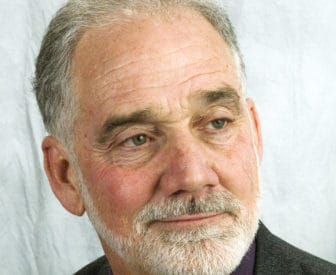COMMENTARY: Government of, by, and for the people depends upon the people knowing what they need to know in order to govern themselves. For most, the information they need to know in order to participate meaningfully in their government can be found in public records and public meetings.

Mark Bralley
Ched MacQuigg
If the people had access to all public records and all public meetings, they would know everything they need to know. They would also learn a lot of things they shouldn’t know for a lot of good and ethical reasons.
Clearly, some part of the whole truth should be kept from “the people.” Which begs the question: Who decides which records and which meetings are open to inspection and attendance?
It stands to reason that someone who might have a personal interest in hiding records or in closing meetings should not be the decider. It creates an unavoidable and inescapable appearance of a conflict of interest. That appearance, as well as the appearance of impropriety, shakes faith in government — whether or not they are substantiated in fact.
Sole possession of the truth, sole control over public records and public meetings, creates temptation — the real corrupting influence accompanying nearly absolute power.
The decisions that close public meetings and secret public records must be made impartially and according to the spirit of the law, not by politicians and public servants with conflicting interests.
Yet open government laws are based on a fundamental premise and manifestly flawed premise — that the truth belongs to politicians and public servants. And the people can access their records and attend their meetings only according to their ability to prove (in court sometimes and at huge expense) their right to see the records or attend the meetings.
A better premise: All records are public and all meetings are open to the people unless politicians and public servants have first proven their legitimate need to keep secret the record or to close the meeting.
Until it is, until that fundamental change is made, politicians and public servants will be enabled to hide the record of their public service from the people they serve. They will enjoy the nearly insuperable advantage of “possession” — and, as we know, possession is nine points of the law.
That’s another way of saying it’s a whole lot easier to hold on to something than it is to take something away from someone in court in the face of enormous budgets for litigation and legal weaselry used to keep it secret.
Ched MacQuigg is a retired shop teacher and blogger. He has been a longtime advocate of honest accountability to meaningful standards of conduct for politicians and public servants — in particular for the leadership of the Albuquerque Public Schools.